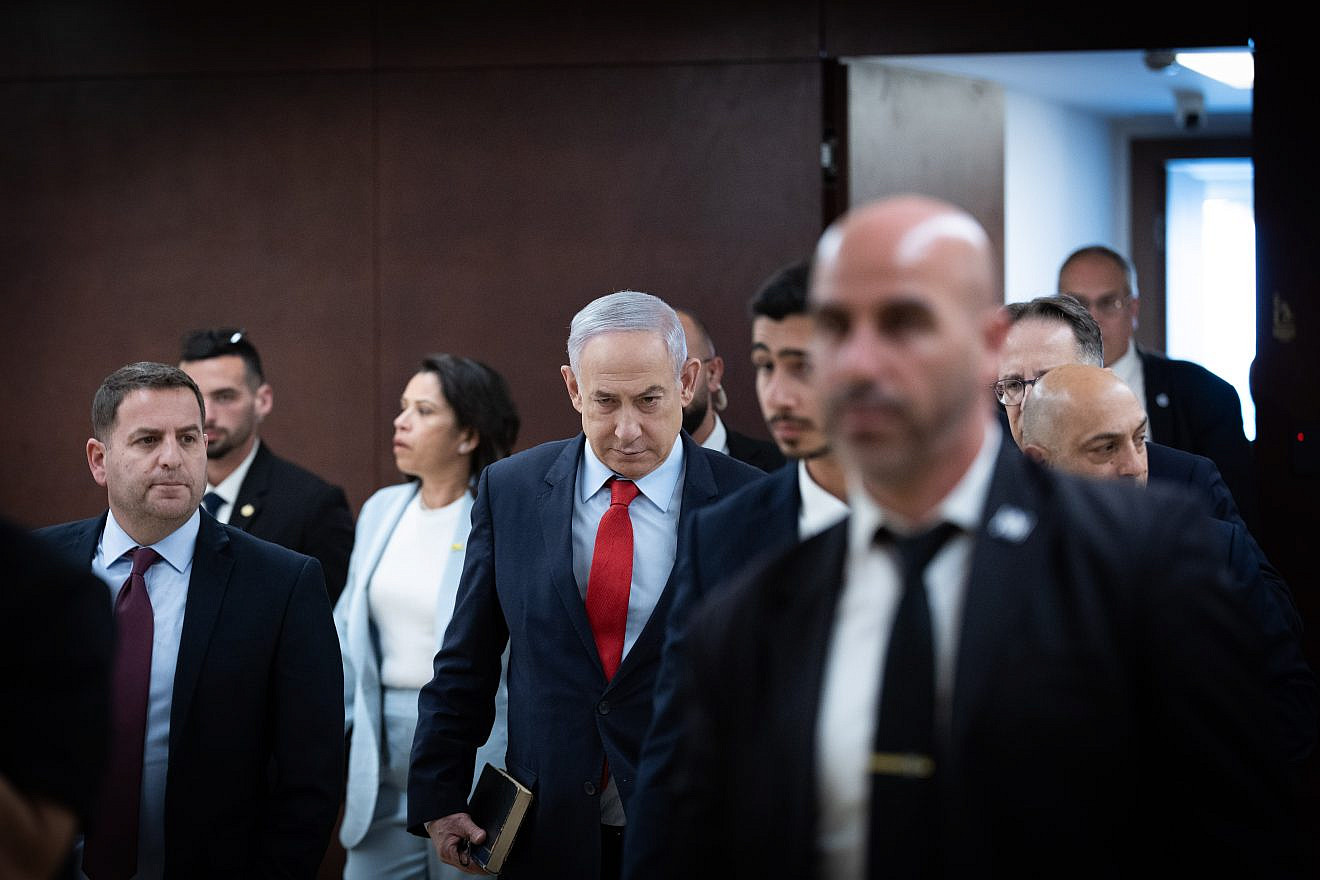/bnn/media/media_files/2d630606d1adca22c9f830b2c7f35159699984c2a1d4ddec504257a7d9ff15ac.jpg) Uczestnicy protestu popierającego „Palestyńczyków” (terrorystów Hamasu) w Melbourne (Źródło zdjęcia: Wikipedia)
Uczestnicy protestu popierającego „Palestyńczyków” (terrorystów Hamasu) w Melbourne (Źródło zdjęcia: Wikipedia)
 Dranie z “J Street” manipulują słowami Wiesela
Dranie z “J Street” manipulują słowami Wiesela
Phyllis Chesler
Tłumaczenie: Małgorzata Koraszewska
Następnie artykuł przedstawia serię „wiadomości”, mówiących o śmierci kobiet i dzieci w Gazie, godzina po godzinie, dzień po dniu. Ilu członków J Street wyraziło podobne moralne oburzenie w związku ze znacznie większą liczbą ofiar na Ukrainie (szacunkowo 30 457 cywilów i 31 000 żołnierzy, czyli łącznie 61 500) i w Demokratycznej Republice Konga (jak dotąd szacunkowo 5 do 6 milionów ofiar śmiertelnych wśród cywilów)? Nie możemy ufać szacunkom dotyczącym ofiar śmiertelnych wśród cywilów i/lub walczących w Afganistanie, Pakistanie, Syrii, Iraku, Chinach, Korei Północnej, Sudanie, Somalii i tak dalej, chociaż mamy pewność, że tych ofiar jest setki tysięcy.
O ile wiem, niewielu dziennikarzy informuje o znacznie większej liczbie ofiar na Ukrainie niż w Gazie i przestrzega nas, abyśmy nie pozostawali obojętni na te tragedię – przynajmniej nie raz po raz, nie dzień po dniu.
Wspomniany powyżej artykuł idzie w makabrycznym takcie z „New York Timesem”, który tego samego dnia zamieścił pięć pełnych stron zdjęć zabitych Gazańczyków, wszystkich zidentyfikowanych według wieku, nazwiska i zawodu. Na łamach tej gazety rzadko pojawiają się zamordowani Izraelczycy, lub też setki tysięcy wysiedlonych Izraelczyków. Pozostają bezimienni i bez twarzy, podobnie jak izraelscy zakładnicy, którzy byli trzymani w Gazie przez pięć miesięcy, podczas gdy byli bici, gwałceni, torturowani, głodzeni i mordowani.
Czasami zastanawiam się, czy zarówno „New York Times”, jak i „J Street” są na liście płac Hamasu/Iranu, czy są po prostu finansowane przez Sorosa – czy też są prawdziwie głęboko wierzącymi żydożercami. Jednym z dowodów na to, że nienawidzą Żydów, jest ich odmowa uznania winy Hamasu za śmierć palestyńskich cywilów. Hamas nie tylko chowa się za cywilami, jeśli są oni dostępni; Hamas działa i manewruje głównie na terenach cywilnych, co stanowi wyraźne naruszenie prawa międzynarodowego. Biorąc to pod uwagę i pomimo niemal samobójczych wysiłków Izraela, aby zminimalizować liczbę cywilnych ofiar, J Street argumentuje, że Izrael nie ma prawa walczyć z tymi, którzy próbują go zniszczyć.
Artykuł tej autorki zasadniczo ośmiela się zamienić autorytet moralny Elie Wiesela w marionetkę, by wykorzystać jego spojrzenie z czasów Holokaustu do potępienia Izraela i ostrzeżenia nas przed naszą własną „obojętnością” na cierpienia cywilów w Gazie. To, co powiedział Wiesel, było jednak o wiele bardziej istotne niż sformułowanie cytowane w artykule. Proszę pozwolić, że zacytuję wywiad, jakiego udzielił Merle Hoffman w 1991 r., jak relacjonuje magazyn „On the Issues” (byłam wówczas redaktorką tego magazynu):
WIESEL: Krytykowano mnie za wiele rzeczy… Tak, odmawiam systematycznego potępiania Izraela.
H: Za cokolwiek?
W: Są pewne czerwone linie, których nie przekroczę. Gdybym wtedy wiedział, że Izrael jest zamieszany w tortury, zabrałbym głos, ale było już za późno. Kiedy się dowiedziałem, komisja już została utworzona i sprawiedliwość zwyciężyła, ale nie uważam, że mam prawo wywierać presję publiczną na Izrael.
H: Ale masz autorytet moralny.
W: A co jeśli się mylę?
H: Nie możesz sobie pozwolić na błąd?
W: Tak, ale tylko jeśli zapłacę odpowiednią cenę. A co jeśli się mylę i oni zapłacą za to cenę? Co się stanie, jeśli wywrę taką presję na jakąś decyzję, a decyzja ta może sprowadzić na Izrael katastrofę lub przynajmniej tragedię? Czy mam prawo to zrobić? To ich dzieci zapłacą cenę, nie moje. Jeżdżę do Izraela i rozmawiam z tamtejszymi przywódcami. Mogę powiedzieć, co czuję. Ale tutaj, szczególnie tutaj, nie mam prawa wypowiadać się publicznie… Czuję się urażony, gdy widzę żydowskich intelektualistów, którzy nagle przypominają sobie o swojej żydowskości tylko po to, by wykorzystać tę żydowskość do ataku na Izrael. To są mężczyźni i kobiety, którzy nigdy nic nie zrobili dla Izraela [i] nagle przypominają sobie, że są Żydami.
Mam nadzieję i modlę się, aby członkowie J Street i działacze Partii Demokratycznej zwrócili uwagę na te słowa Wiesela, a także na tych, którzy nimi manipulują, żeby potępić Izrael.
Phyllis Chesler – Emerytowana profesor psychologii City University of New York, współzałożycielka Association for Women in Psychology oraz National Women’s Health Network.
Zawartość publikowanych artykułów i materiałów nie reprezentuje poglądów ani opinii Reunion’68,
ani też webmastera Blogu Reunion’68, chyba ze jest to wyraźnie zaznaczone.
Twoje uwagi, linki, własne artykuły lub wiadomości prześlij na adres:
webmaster@reunion68.com



